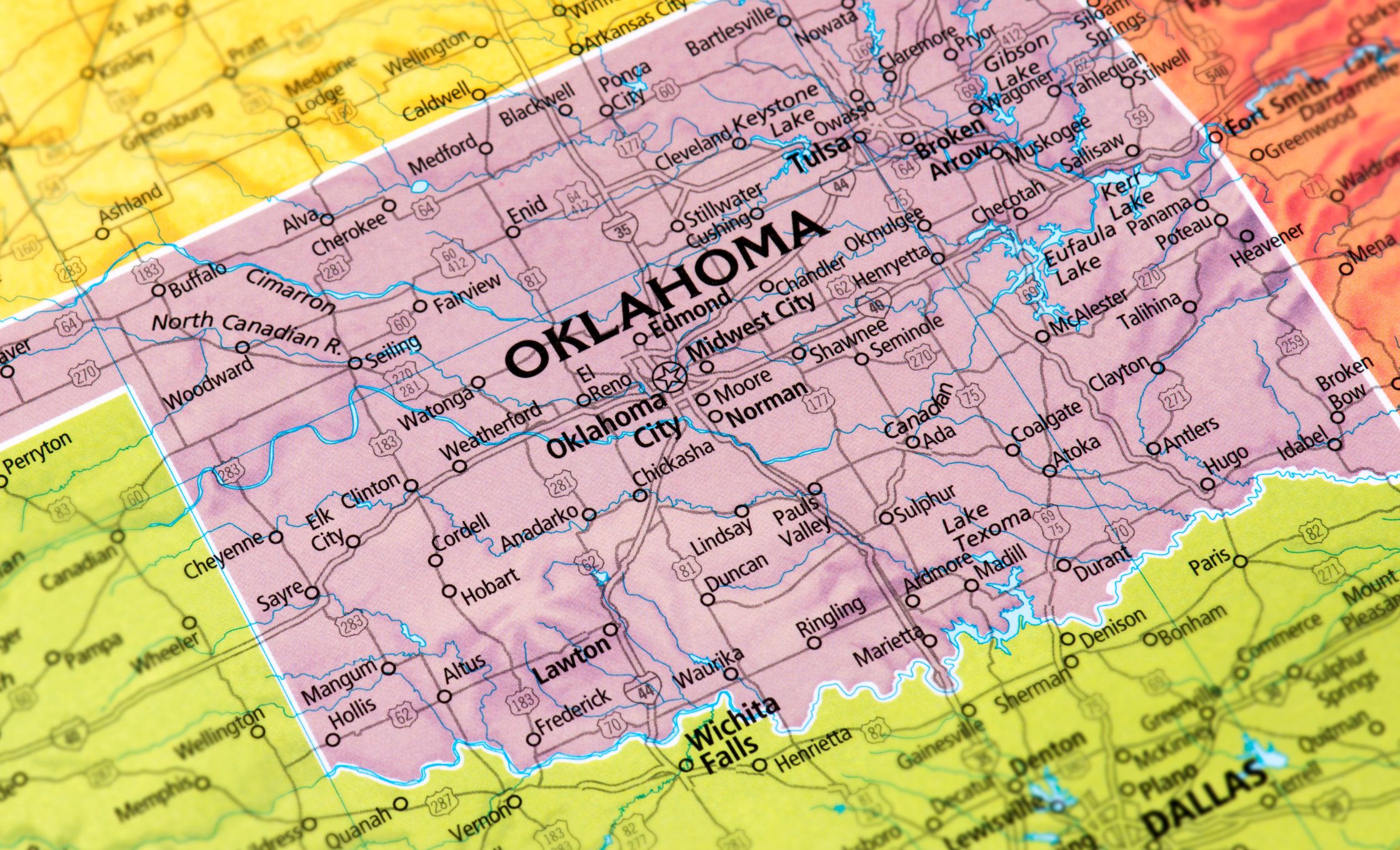NASL member firm A&A Advocates offers an update on what’s happening in Oklahoma:
House members filed more than 1,200 bills by last week’s filing deadline. Senators added more than 840 bills. The filed bills address marijuana regulation, property sales, prescription drug availability, government official jurisdiction, and more.
Gov. Kevin Stitt announced the finalization of compacts with two tribes in Oklahoma on Monday, including the Apache tobacco compact, Chickasaw motor vehicle compact, and Chickasaw tobacco compact. Stitt said he is glad to have an agreement but still believes “there is work to be done to ensure we are not further eroding Oklahoma’s revenue base to continue to provide public services to people across the state.”
At least nine teachers have received letters from the Oklahoma Department of Education demanding they pay back bonuses ranging from $15,000 to $50,000. The report said at least $290,000 was overpaid to teachers in error. The teachers said they had spent at least part of the bonus before the errors were discovered.
The Oklahoma Pardon and Parole Board will vote Feb. 5-7 at the Oklahoma Health Care Authority building in Oklahoma City on proposed rule changes that would add eligibility requirements for prisoners seeking to argue their sentence is excessive or unjust. More than two dozen speakers, all opposed to the proposed rule changes, addressed the board during a public comment period on Monday.
What We’re Watching
On Wednesday, Gov. Kevin Stitt named education advocate as Secretary of Education.
Sen. John Haste, R-Broken Arrow, has been appointed to serve as vice chair of the National Conference of State Legislature’s (NCSL) Health Innovations Task Force.
“Oklahoma is poised to lead the nation in implementation of artificial intelligence technology, and we have to capitalize on the momentum. Oklahoma truly could be the AI capital of the nation. AI also has the potential to help us steward taxpayer dollars more responsibly by cutting redundant positions and replacing some positions with AI technology. In Oklahoma, 21% of the workforce is employed by federal, state, or local governments, while the ideal percentage would be closer to 13%. Artificial intelligence creates possibilities for more efficient employment and government services.” – Gov. Kevin Stitt releasing the final recommendations from his task force on artificial intelligence (AI) and emerging technologies.

